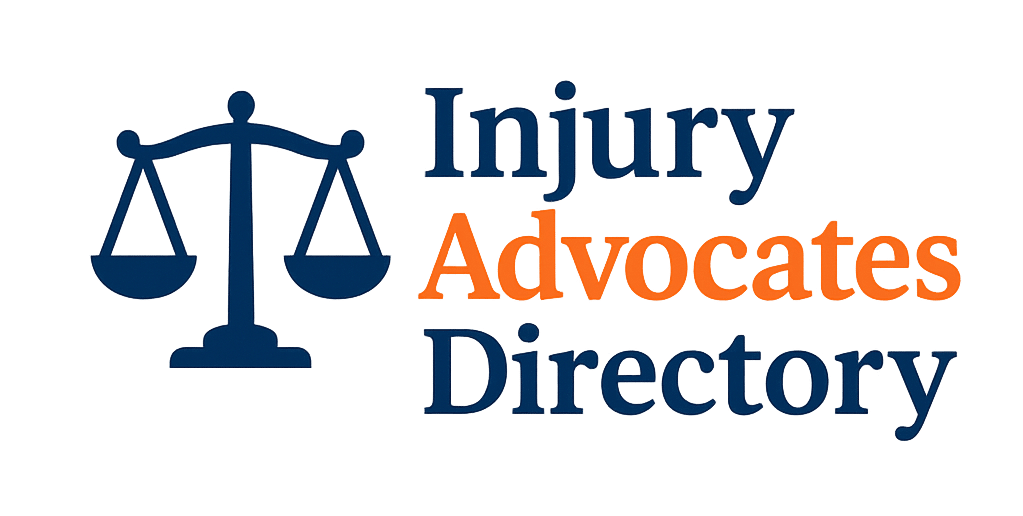Negotiating a settlement with insurance companies can be a daunting task, but understanding the process can significantly improve your chances of success. With the right tips for negotiating a settlement with insurance companies, you can navigate this procedure more confidently and effectively.
In this article, we will explore essential strategies, common pitfalls, and best practices that will empower you in your negotiations. Whether you are dealing with a personal injury claim or any other type of insurance settlement, these insights will be beneficial.
How do insurance companies negotiate settlements?
Insurance companies typically engage in settlement negotiations by assessing the risk associated with claims. They start by reviewing the details of your claim and the circumstances surrounding the incident. Initial offers are often lower than what you might expect, as insurers aim to minimize their payouts.
During the negotiation process, the insurer may conduct investigations to gather additional evidence. This evidence helps them evaluate the claim's validity and determine the potential for a settlement. Understanding this process is crucial for claimants to prepare accordingly.
Moreover, insurance companies often use a range of tactics to protect their interests. They may delay responses or request extensive documentation to drag out the process. Recognizing these strategies can help you stay one step ahead during negotiations.
What are the key strategies for negotiating a settlement?
To effectively negotiate with an insurance company, it's essential to have clear strategies in place. Here are some key approaches:
- Know Your Claim's Value: Research similar settlements to gauge a reasonable amount for your claim.
- Document Everything: Keep meticulous records of all correspondence, bills, and medical records related to your claim.
- Stay Calm and Collected: Emotions can run high during negotiations; maintaining a level head can lead to better outcomes.
- Be Prepared to Walk Away: Sometimes, the best strategy is to refuse an inadequate offer and pursue further negotiations or legal action.
Engaging a personal injury attorney can also amplify your negotiating power. An attorney understands the nuances of the process and can help ensure you receive a fair settlement.
How to prepare for your first negotiation meeting?
Preparation is key when entering your first negotiation meeting with an insurance adjuster. Start by gathering all relevant documentation, including your medical records, police reports, and any evidence that supports your claim.
It’s also important to have a clear idea of your desired settlement amount. Create a list of your damages, including medical expenses, lost wages, and any pain and suffering endured as a result of the incident. This list will serve as a basis for your negotiations.
Practicing your negotiation points can help you communicate your position confidently. Anticipate the insurer's questions or counterarguments, and be ready to address them effectively.
What should you avoid when negotiating with insurers?
While negotiating, there are several pitfalls to avoid. Firstly, do not accept the first offer that comes your way. Insurance companies often start with lower offers, and accepting them can result in a loss of potential compensation.
Another vital aspect is to avoid discussing your case on social media or with anyone other than your attorney. Anything you say could be used against you during negotiations.
Additionally, steer clear of emotional arguments. While your experience may be personal and painful, focusing on factual evidence and documentation will strengthen your case.
How do you justify your settlement amount?
Justifying your settlement amount involves demonstrating the full extent of your damages. Begin by presenting all medical bills associated with your treatment. This documentation reinforces your claims and provides a clear picture of the financial burden you have incurred.
Moreover, it may be beneficial to include future medical expenses if your injuries require ongoing treatment. Calculating lost wages and including evidence from your employer can also substantiate your claims.
Lastly, consider including testimony or statements from individuals who can attest to the impact of your injuries on your daily life. This can provide a compelling case for a higher settlement.
What are the common tactics used by insurance companies?
Insurance companies often employ various tactics to minimize payouts. One common strategy is to downplay the severity of your injuries. They may argue that your injuries are not as serious as claimed, aiming to justify a lower offer.
Another tactic is to delay the process. By dragging out the negotiation, they can pressure you into accepting a less favorable settlement simply to resolve the situation more quickly.
Insurers may also use selective communication, only presenting information that supports their position. Being aware of these tactics can help you prepare counterarguments and stand firm during negotiations.
How to ensure you get a fair settlement offer?
To secure a fair settlement offer, it’s crucial to be informed about your rights and the value of your claim. Researching previous settlements in similar cases will give you a benchmark to work from.
Engaging a skilled personal injury attorney is one of the best methods to ensure a fair settlement. Attorneys can navigate the complexities of negotiations and advocate for your best interests.
Additionally, be ready to counter any low offers with well-documented evidence and a clear rationale for your requested amount. A strong case built on facts will impress upon the insurance company that you are serious about receiving fair compensation.
Related questions about negotiating insurance settlements
How to negotiate an insurance settlement?
To negotiate an insurance settlement effectively, start by gathering all relevant information regarding your claim. Research and prepare to present a justified settlement amount based on documented damages and similar cases. Engage with the insurer professionally, and don’t hesitate to counter low offers that do not reflect your claim's true value.
How to get the most out of an insurance settlement?
Maximizing your insurance settlement involves thorough preparation and negotiation skills. Document all aspects of your claim meticulously, including medical expenses and lost wages. Understanding the tactics used by insurers is also critical, allowing you to counter their strategies effectively and advocate for a settlement that reflects your needs.
What not to say in an insurance claim?
Avoid admitting fault or making statements that could be interpreted as minimizing your injuries. Don't disclose your settlement amount to others or make emotional appeals without backing them up with evidence. Keep the conversation factual, and remember that anything you say can be used against you during negotiations.
How do I ask for more money in an insurance settlement?
To request a higher settlement amount, prepare a comprehensive justification based on documented damages. Present evidence that outlines your costs and losses clearly. Timing is key—make your request after thoroughly reviewing the initial offer and ensuring you can support your claim with facts and figures.

